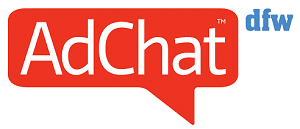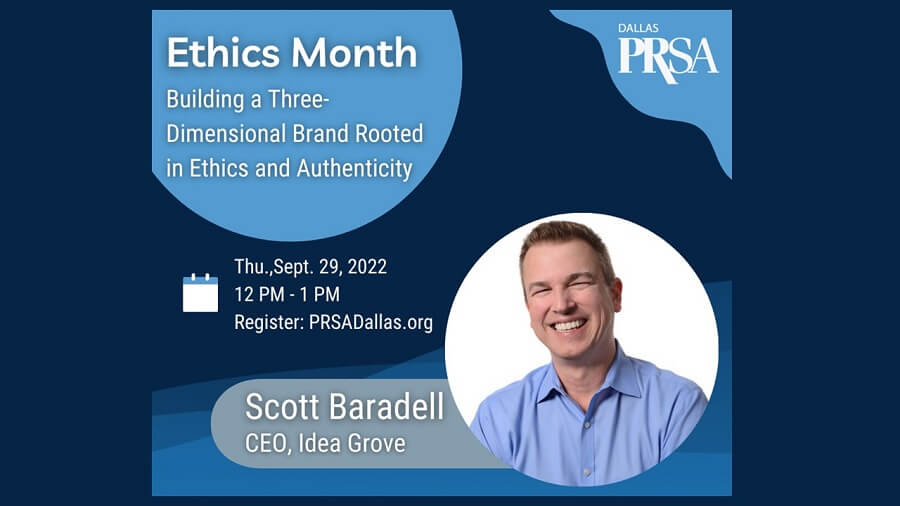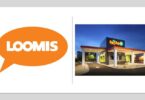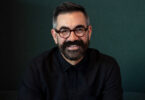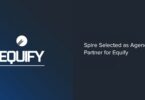Ethics is a complicated topic. That’s why PRSA focuses in on this important aspect of our industry during the month of September and encourages all practitioners to review and adhere to the PRSA Code of Ethics.
In PRSA Dallas’ upcoming September 29th event Creating a Three-Dimensional Brand Rooted in Ethics and Authenticity, we will discuss how brands can navigate new ethical challenges in the digital world by combining thought leadership, product marketing and social purpose to build a more durable brand reputation—one that can survive and even thrive through crises, criticism and cancellation attempts.
In this blog, we have a sneak preview from keynote speaker Scott Baradell, APR, CEO of Idea Grove and author of the forthcoming book Trust Signals: Brand Building in the Post-Truth World.
PRSA Dallas: I think for some people, the word “ethics” might remind them of theoretical academic classes with professors that seem out-of-touch with real-world issues. But also, as your book title suggests, this post-truth era is one where it’s really hard to see how ethics fits in. Perhaps start by giving us your own view of what ethics means for you personally, for your business and what it should mean for our industry today.
Baradell: To me ethics has always been about trust. The reason why ethical standards in business are so important is that without them, a potential customer will always fear that they might be ripped off.
That’s why the Better Business Bureau formed back in 1912, when there was a crisis in trust because of exaggerated advertising claims. The BBB is all about promoting business ethics, so it’s no coincidence that their motto is, “Start With Trust.”
At Idea Grove, we’ve never been perfect, but we’ve tried to be honest about our mistakes and flaws. That’s really been the culture since I started the agency in 2005; I started blogging, and the tone of the blog was self-deprecating and vulnerable. It instilled trust in readers—many of whom eventually became clients—because I wasn’t trying to be something I was not.
Business ethics have never been so important as they are today because brand trust has never been more important. But ultimately ethics are not about what gatekeepers say about you; it’s about what your customers say about you. It’s about what the public believes you represent.
PRSA Dallas: You founded the Idea Grove agency in Dallas more than 15 years ago. And you’ve noted your upcoming book Trust Signals has been a long-term project. How have the agency and book influenced each other?
Baradell: I’ve always viewed PR as being less about media relations than about finding ways to build brand awareness without having to pay for advertising to do it.
Earning media coverage is one way to do that, but over the time I’ve led Idea Grove, I’ve identified many other opportunities to help build awareness and trust for our clients—using our experience in PR as a foundation, but not being limited by that experience.
That’s the key lesson that carries over to Trust Signals. I want to help PR practitioners take an integrated approach to helping brands grow, without losing the unique point of view that makes PR a management function that is complementary to, but distinct from, marketing.
I define PR as “the art of securing trust at scale,” and in the book I share a framework for doing that: the Grow With TRUST system. It’s a way of bringing a lot of different tools—or trust signals—together to help clients earn buyer trust.
PRSA Dallas: Catering to client demands, chasing after business and money are often at odds with maintaining ethics and standards. Could you share real-world case-studies of navigating the tensions?
Baradell: Yes. Basically, we look at having high ethical standards as a positive, and we communicate that to our clients.
We try to set the tone right at the beginning of the relationship. For example, prospects contact us and ask us about practices such as guaranteeing media placements and getting negative reviews removed.
These services are ones we don’t provide and generally involve black-hat tactics, which we explain in detail so that the prospect can make an informed decision. In most cases, once they’ve been educated they choose us.
PRSA Dallas: Let’s talk more about the term “trust signals.” What are they? How can we be more mindful about extending them in our everyday lives and using them to build our personal brands or those of our clients?
Baradell: Trust signals are the evidence points that individuals, companies and brands use to win one another’s trust online. The term goes back to the early days of Internet commerce and has become even more relevant today.
Some of the earliest online trust signals, described in an article published in the March 2000 edition of the Journal of Computer-Mediated Communication, were so-called “trust badges” from organizations such as the Better Business Bureau and TRUSTe on e-commerce websites. Today, consumers look for evidence of trust everywhere—media coverage, influence endorsements, and online reviews are just a few of the trust signals that audiences seek out before doing business with an individual or brand.
Trust signals are important to Google as well. Virtually every trust signal is a ranking factor in determining your site’s search position. That’s why SEO professionals and software use terms like “Trust Flow,” “TrustRank” and “MozTrust” to describe what they do. They know that Google is trying to determine how trustworthy your site is in the same way that potential customers are.
PRSA Dallas: You’re hailed as a thought-leader on the future of PR. We’ve seen huge changes in trends from changing technology to the speed of information flow. Tell us where you think our industry is heading and what can we expect in the next decade?
Baradell: I think the industry is going to splinter, with different practitioners embracing different aspects of PR as the landscape continues to become more complex.
The practitioners who continue to focus purely on media relations will find their slice of the pie shrinking over time. They risk painting themselves into a corner by not embracing other forms of organic trust-building.
The future of PR is with those practitioners who integrate the full digital experience of consumers into their offering, while remaining true to the principles of public relations.
One indicator of where things are going is the explosive growth of Digital PR—the marriage of PR and SEO. Every traditional PR agency should at minimum be considering how to integrate Digital PR into their offering; it’s a natural first step.
PRSA Dallas: Do you have resources (videos, podcasts, articles) you’d like to share with our audience on the topic?
Baradell: Yes! Here are some resources to quickly bring PR pros up to speed on the concept of trust signals and Grow With TRUST:
- What Is a Trust Signal? (VIDEO)
- 77 Trust Signals to Increase Website Visitors and Conversions (ARTICLE)
- Grow With TRUST: The Trust Signals Mantra (ARTICLE)
- Trust Signals Excerpt: The Dirty Little Secret About PR (VIDEO)
- Edward Bernays vs. Ivy Lee: PR’s Fateful Choice (VIDEO)
- How to Choose an Ethical ORM Firm (VIDEO)
original content
